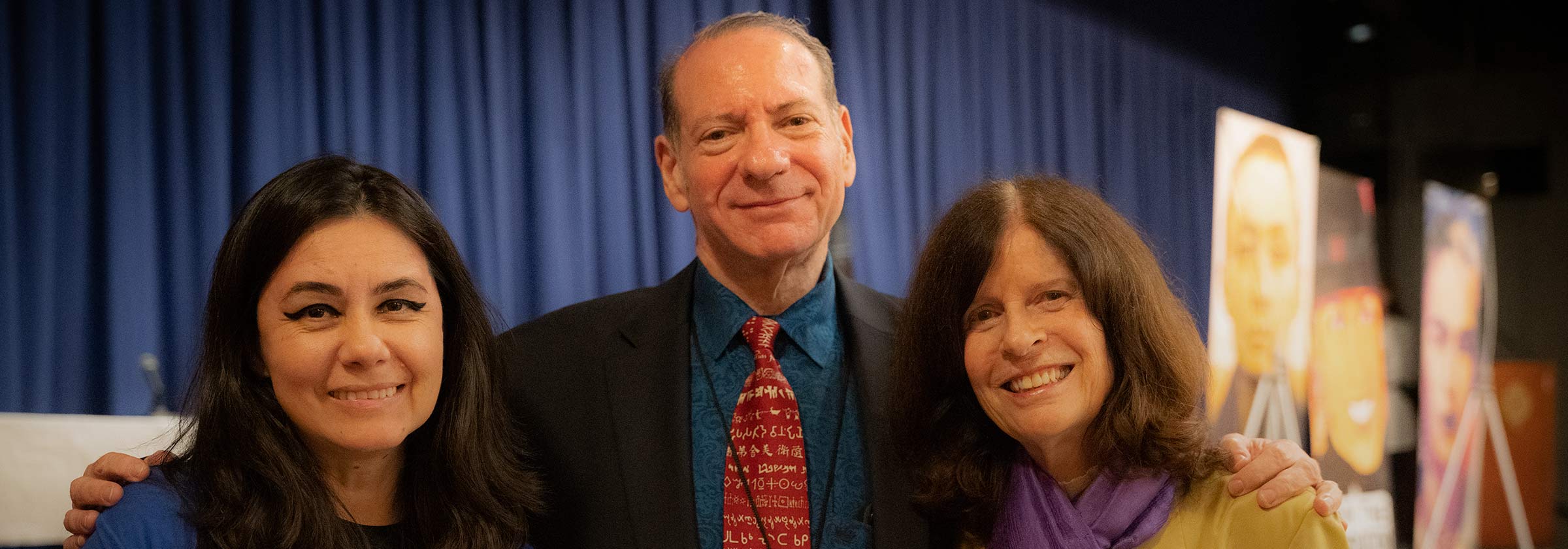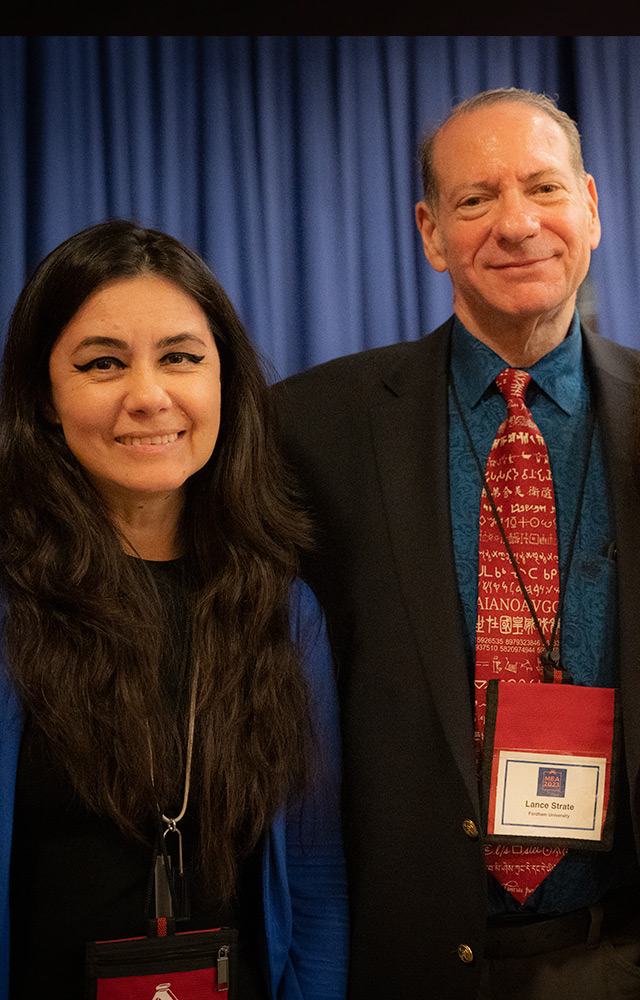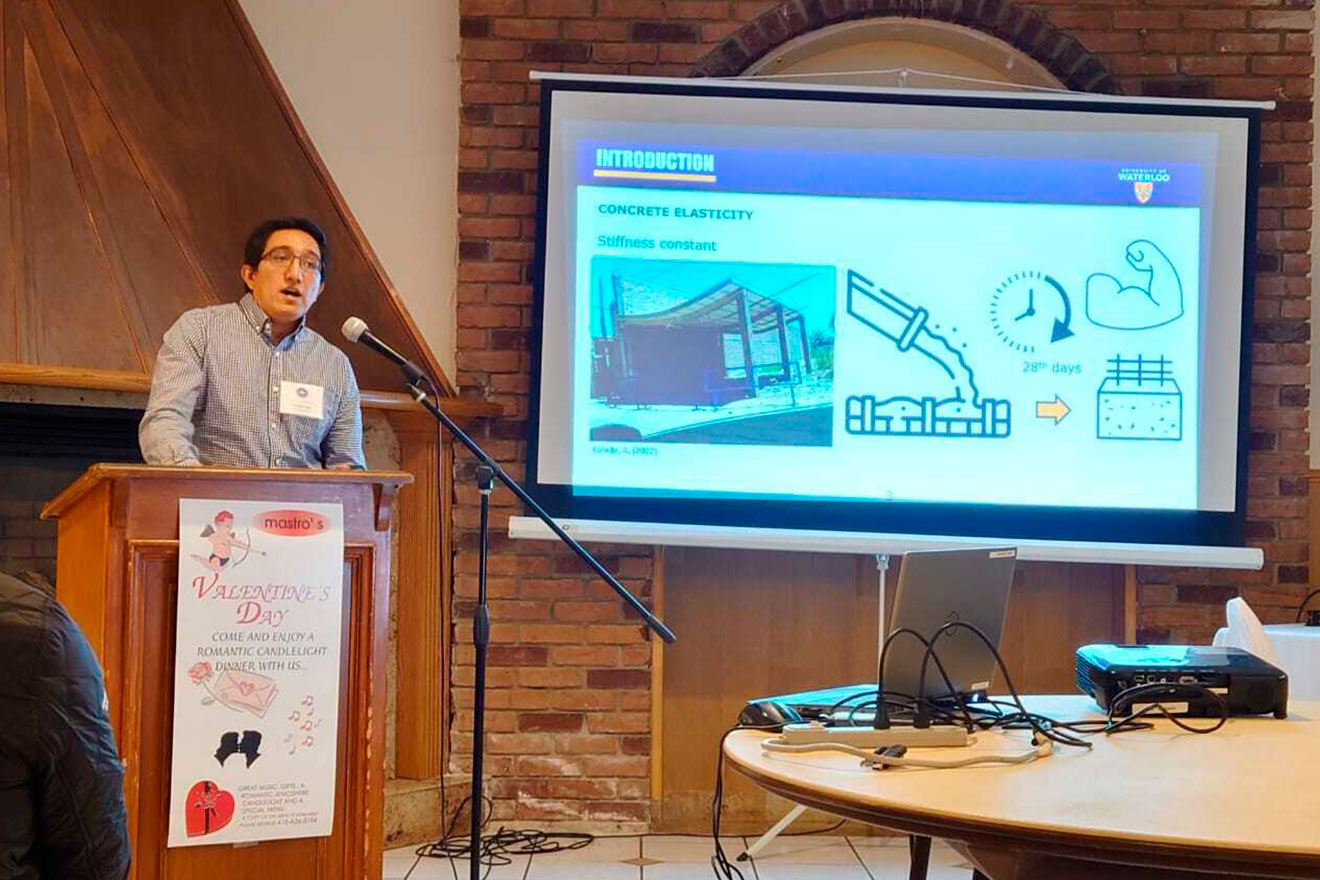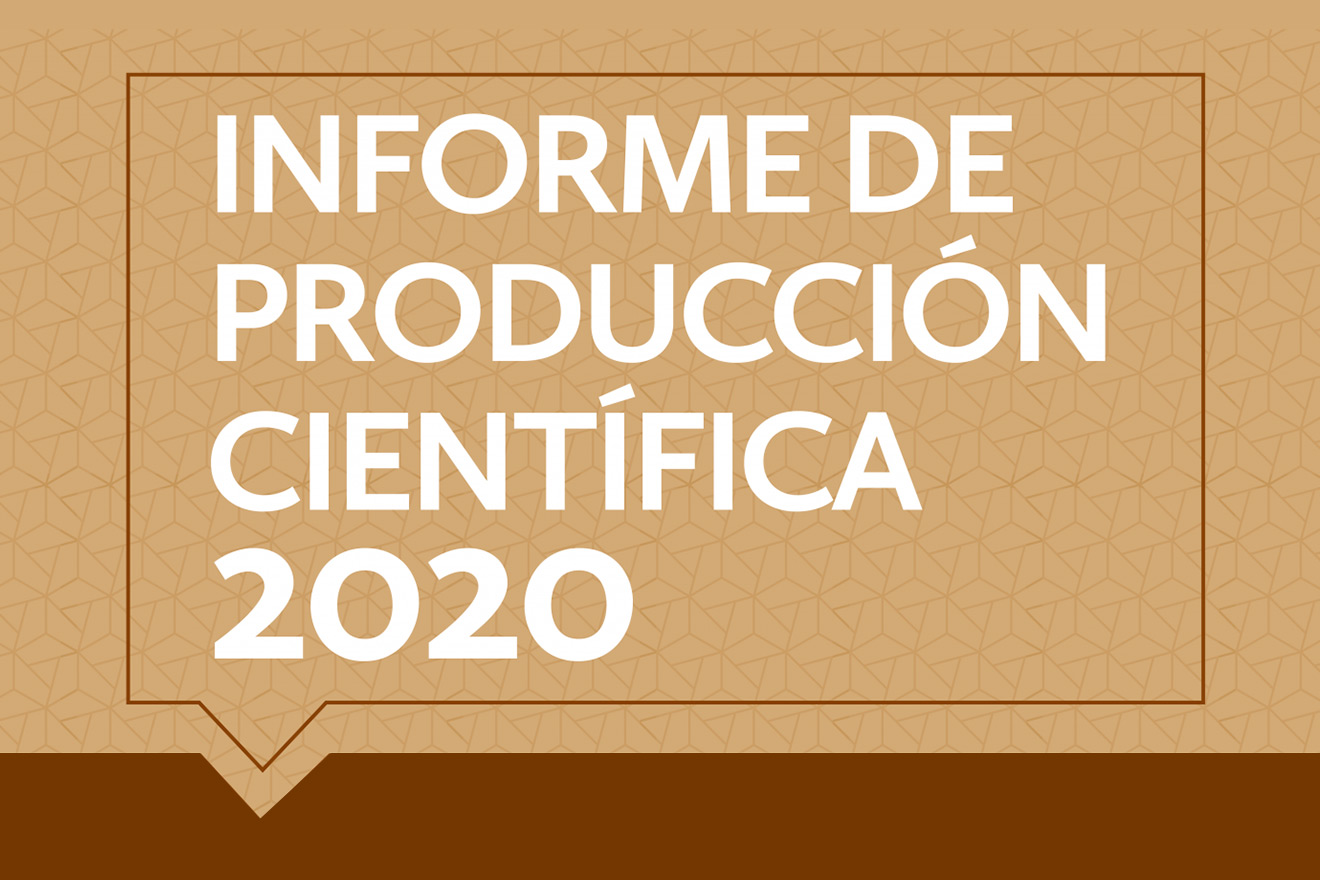Every year, the Media Ecology Association (MEA) presents a series of awards, among which the Marshall McLuhan Award for Outstanding Book stands out. This year’s award was given to the work entitled Formal Cause in Marshall McLuhan’s Thinking: An Aristotelian Perspective, written by Universidad Panamericana scholar Dr. Laura Trujillo Liñán.
Dr. Laura Trujillo is director of our university’s Universidad Abierta (Open University), works in the Humanities Department at the Mexico City campus, is a member of CONACYT’s National Research System (SNI level I), and is a dedicated student of Marshall McLuhan.
Formal cause in the context of McLuhan
Marshall McLuhan was a 1960s philosopher, scientist, scholar, teacher, and communication theorist whose theories revolutionized then contemporary knowledge about the media’s potential in society.
Dr. Trujillo explains that formal cause in the context of McLuhan’s work is a concept developed by Aristotle, who argued that better understanding reality requires understanding its causes.
The doctor points out that, according to Aristotle, there are four causes, two of which are intrinsic—material cause and formal cause—, and two of which are extrinsic—efficient cause and final cause. A formal cause refers to the form or essence of a being and determines its nature.
Trujillo also points out that Marshall McLuhan takes up Aristotle’s theory of causality through the interpretations of French philosophers Jacques Maritain and Étienne Gilson, with whom he conversed and corresponded when they worked together as professors at the University of Toronto.
“Based on these interpretations, McLuhan asserted that formal causation was fundamental to understanding how the media affect, condition, or determine society. According to McLuhan, the media are the formal cause of society and play a determining role in the way people think and act,” says Dr. Trujillo.
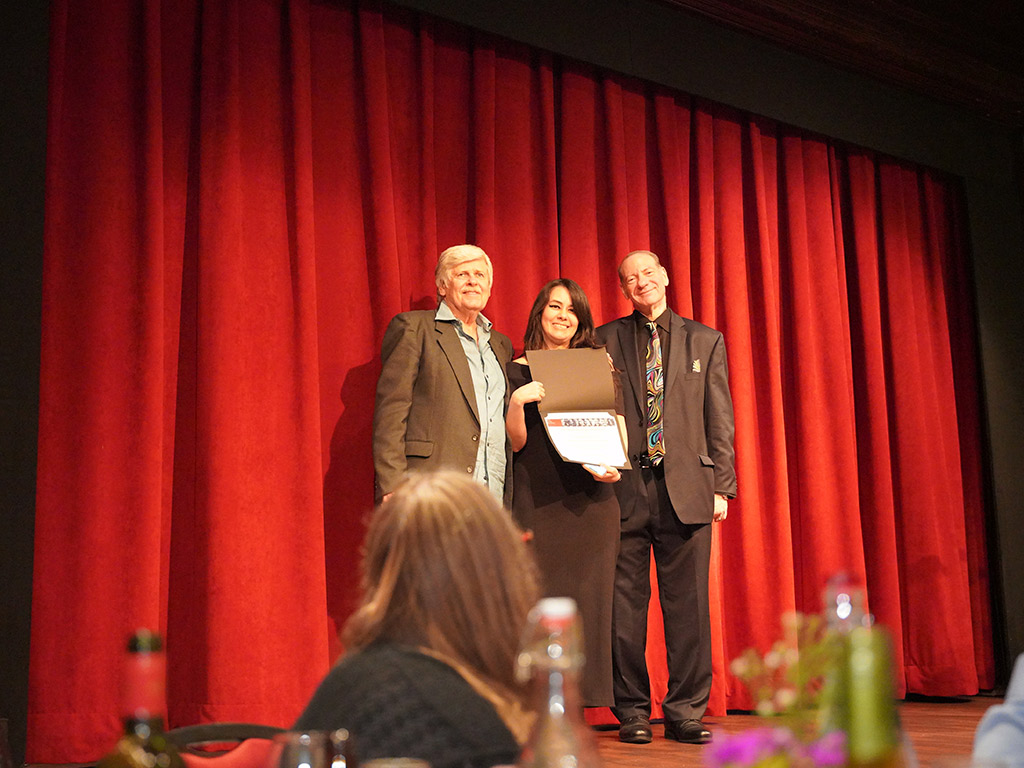
McLuhan: Fundamental for today
“Today, Marshall McLuhan has become a fundamental author in understanding the impact of social networks, the internet, artificial intelligence, and other technologies in our lives. McLuhan believes what we truly need to consider in communication is the medium itself, hence his famous phrase, ‘the medium is the message,” states Dr. Trujillo.
She also explains that “This means that the content of the message isn’t as relevant as the medium through which it is transmitted. Today, we can see how our minds and actions are being shaped by our interaction with the various media we use daily.”
“This effect is unconscious, which means that we are experiencing changes without even realizing it. Marshall McLuhan was able to visualize this phenomenon long before the Internet acquired the importance it has today,” she adds.
Dr. Trujillo states that a clear example is how the internet has influenced the minds of users, especially young people, who seek quick and easy gratification due to the nature of the web. “They no longer have the same interest in reading, as reading is a slower and more linear process compared to the non-linearity of the Internet.”
Likewise, she confirms that these effects, of which McLuhan spoke at the time, have gained relevance today due to works such as The Shallows: What the Internet is Doing to our Brain by Nicholas Carr or Infocracy by Byung-Chul Han, among other texts that address this issue.
Research findings
Dr. Trujillo explains that, during her research for the writing of the book, she realized that Marshall McLuhan’s vision differs from Aristotle’s. “He refers to formal cause as something extrinsic to society, and, for Aristotle, formal cause is intrinsic, hence the determination it gives to beings.”
“Finally, I realized that philosophy and communication are deeply intertwined areas because both are centered on human beings. Philosophy has a very deep vision and perspective, and communication is based on dialogue because, ultimately, human beings and society are made through communication,” she says.
Outstanding work
For Dr. Trujillo, the fact that her work was recognized as an Outstanding Book in the Field of Media Ecology “represents a significant milestone in my career, as it not only implies the creation of a highly relevant text for Media Ecology but also highlights its importance compared to other works that competed for the same award in the United States,” she says.
She emphasizes that the completion of this book involved two years of hard work, researching, analyzing, and discussing. She highlights the support she received in this process from Lance Strate, an outstanding writer, communications and media studies professor at Fordham University, and winner of the same award.
She also acknowledges the support of the Media Ecology Association and the General Semantics Association, which published the book. She explained that this award has been won by great authors such as Neil Postman and Lance Strate, among others, and this is the first time that it has been awarded to a Latin-American author.
“However, the most significant thing for me is that this recognition does not just belong to me and is also an achievement shared with my institution, Universidad Panamericana, as well as with my husband and children, who have been a constant support throughout my international career,” she shares.
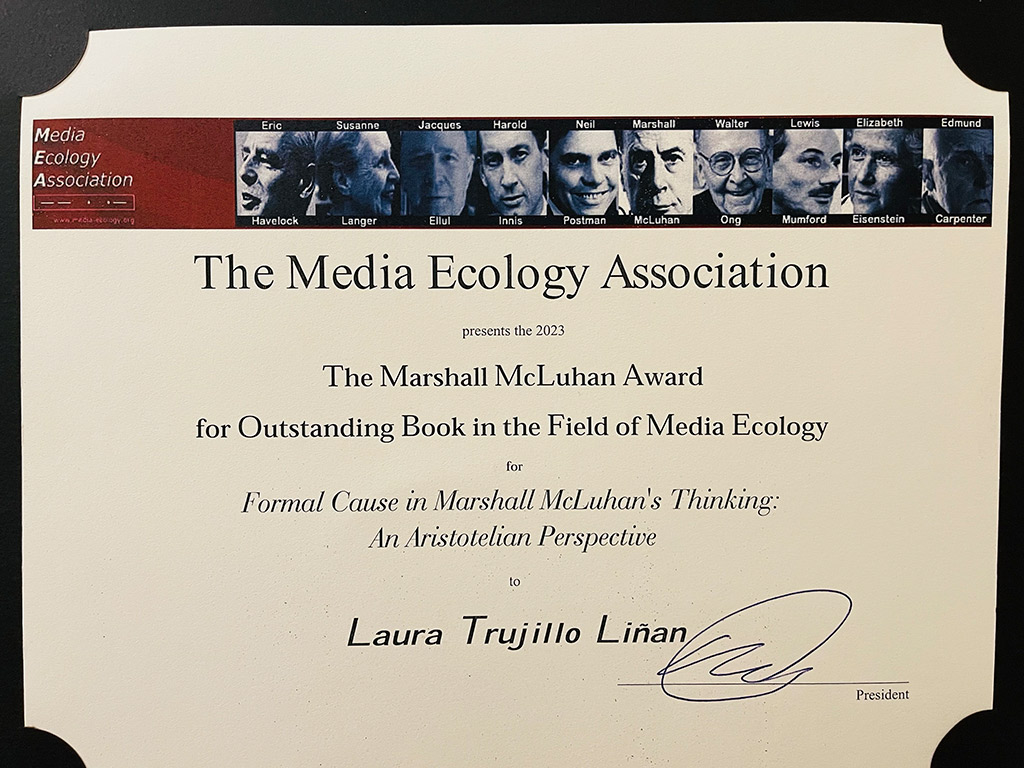
Impact on society
Trujillo argues that Formal Cause in Marshall McLuhan’s Thinking: An Aristotelian Perspective establishes a connection between media ecology and philosophy, as the latter allows for in-depth analysis of the media and its impact on society.
“Media ecology has become relevant today since studying the relationship between human beings and the changes generated by the media is essential to understanding how technology affects and contributes to people’s development,” she says.
She argues that organizations such as UNESCO and the UN are concerned with the impact of artificial intelligence on society and how it is transforming the way we think and act.
“Today’s jobs will not be the same in the future due to the impact of artificial intelligence infused media… Faced with this dynamic of accelerated change, reflecting on what we will be like in the next 10 years is crucial,” she believes.
Working for the benefit of humanity
These questions are the subject of research by the Media Ecology Association. Therefore, Dr. Trijullo explains that more researchers from various disciplines should join this association and contribute to guiding new technologies along paths that promote the welfare of humanity.
“In this regard, I am already working on new research related to issues of technology and ethics because, as researchers, we cannot cease to work toward the greater goal of leaving a better world for future generations,” she says.
Media Ecology Association
According to the Media Ecology Association, media ecology is the study of media environments and the idea that technology and techniques, modes of information, and codes of communication play a major role in human affairs.
It is a non-profit organization dedicated to promoting the study, research, critique, and application of media ecology in educational, industrial, political, civic, social, cultural, and artistic contexts, and the open exchange of ideas, information, and research among the association’s members and the community at large.
Researcher’s data
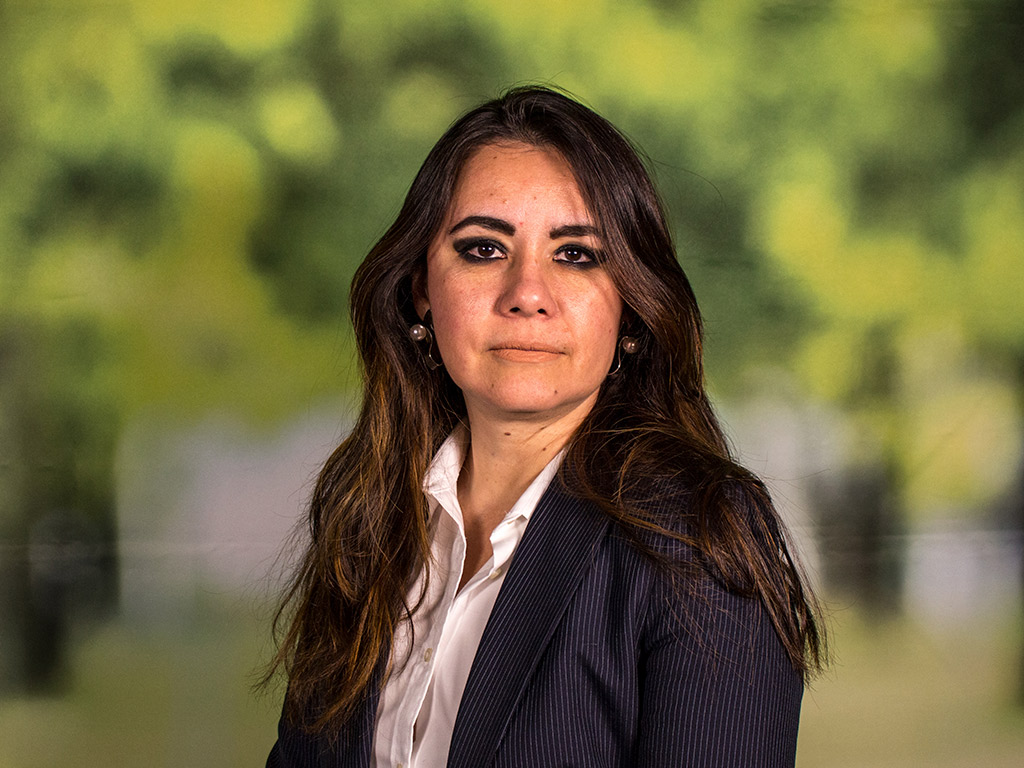
Dr. Laura Trujillo Liñán, SNI level I
Director of UP’s Universidad Abierta
Member of the Humanities Department at UP’s Mexico City campus

